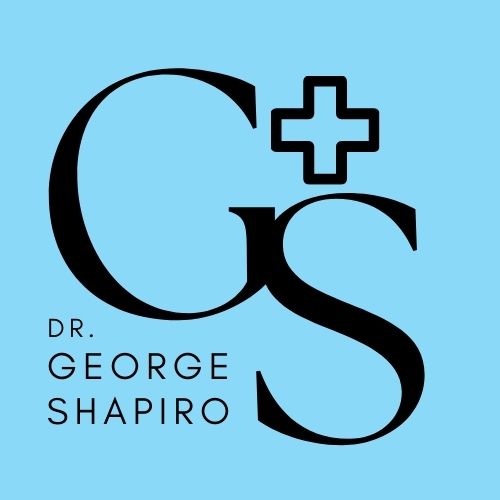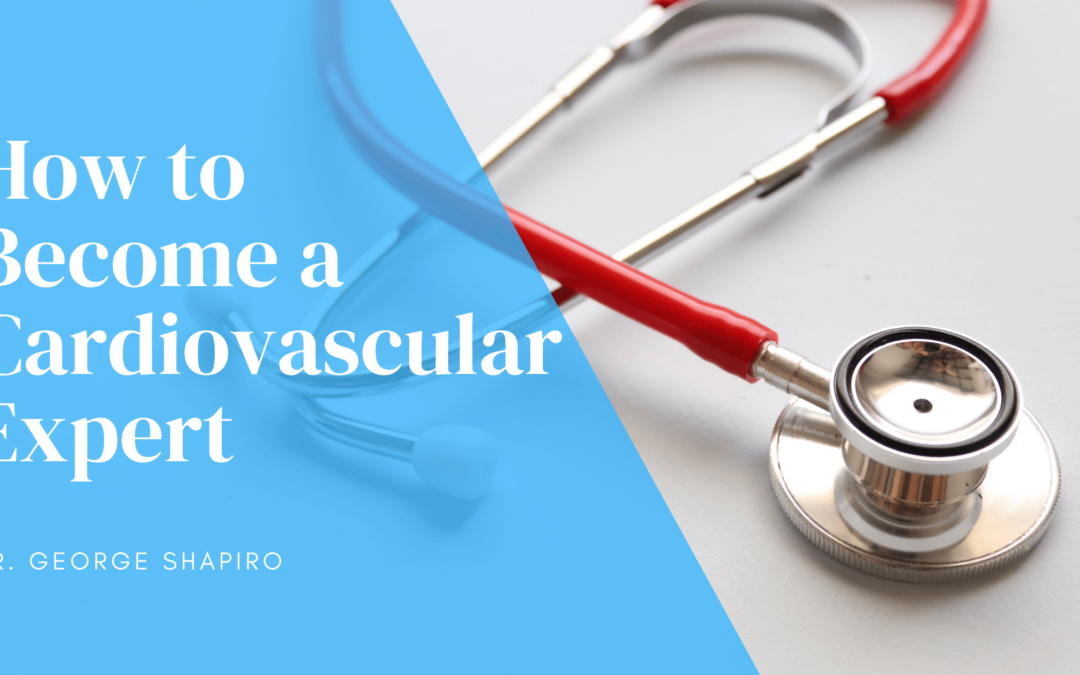Cardiovascular experts, also known as cardiologists, specialize in diagnosing and treating heart and blood vessel diseases. These medical professionals play a crucial role in the healthcare system by helping patients with cardiovascular diseases manage their condition and live healthier lives. Becoming a cardiovascular expert requires significant education, training, and dedication. Here is a breakdown of the steps to becoming a cardiovascular expert.
Undergraduate Education
The first step towards becoming a cardiovascular expert is to complete an undergraduate education in a related field such as biology, chemistry, or pre-med. This typically involves earning a bachelor’s degree, which takes four years.
Medical School
After completing an undergraduate degree, the next step is to attend medical school. This typically takes four years and involves both classroom education and clinical experience. Students learn about the human body, diseases, and medical treatments during medical school.
Residency
After graduating from medical school, aspiring cardiovascular experts must complete a residency program in internal medicine, which typically takes three years. During this time, residents gain hands-on experience in diagnosing and treating a wide range of medical conditions.
Fellowship
After completing their residency, aspiring cardiovascular experts must complete a fellowship program in cardiology, which typically takes three to four years. During this time, fellows gain specialized training in diagnosing and treating cardiovascular diseases.
Licensure and Certification
After completing their education and training, aspiring cardiovascular experts must obtain a medical license from their state’s medical board. Additionally, they may pursue certification from the American Board of Internal Medicine or the American Board of Cardiovascular Medicine.
Continuing Education
To maintain their certification and stay up-to-date on the latest advancements in cardiology, cardiovascular experts must engage in continuing education throughout their careers. This typically involves attending conferences, workshops, and training programs.
Becoming a cardiovascular expert requires significant education, training, and dedication. It involves completing an undergraduate degree, attending medical school, completing a residency program in internal medicine, completing a fellowship program in cardiology, obtaining licensure and certification, and engaging in continuing education throughout one’s career. Despite the rigorous requirements, becoming a cardiovascular expert can be a rewarding and fulfilling career choice for those passionate about helping patients with cardiovascular diseases to manage their condition and live healthier lives.

